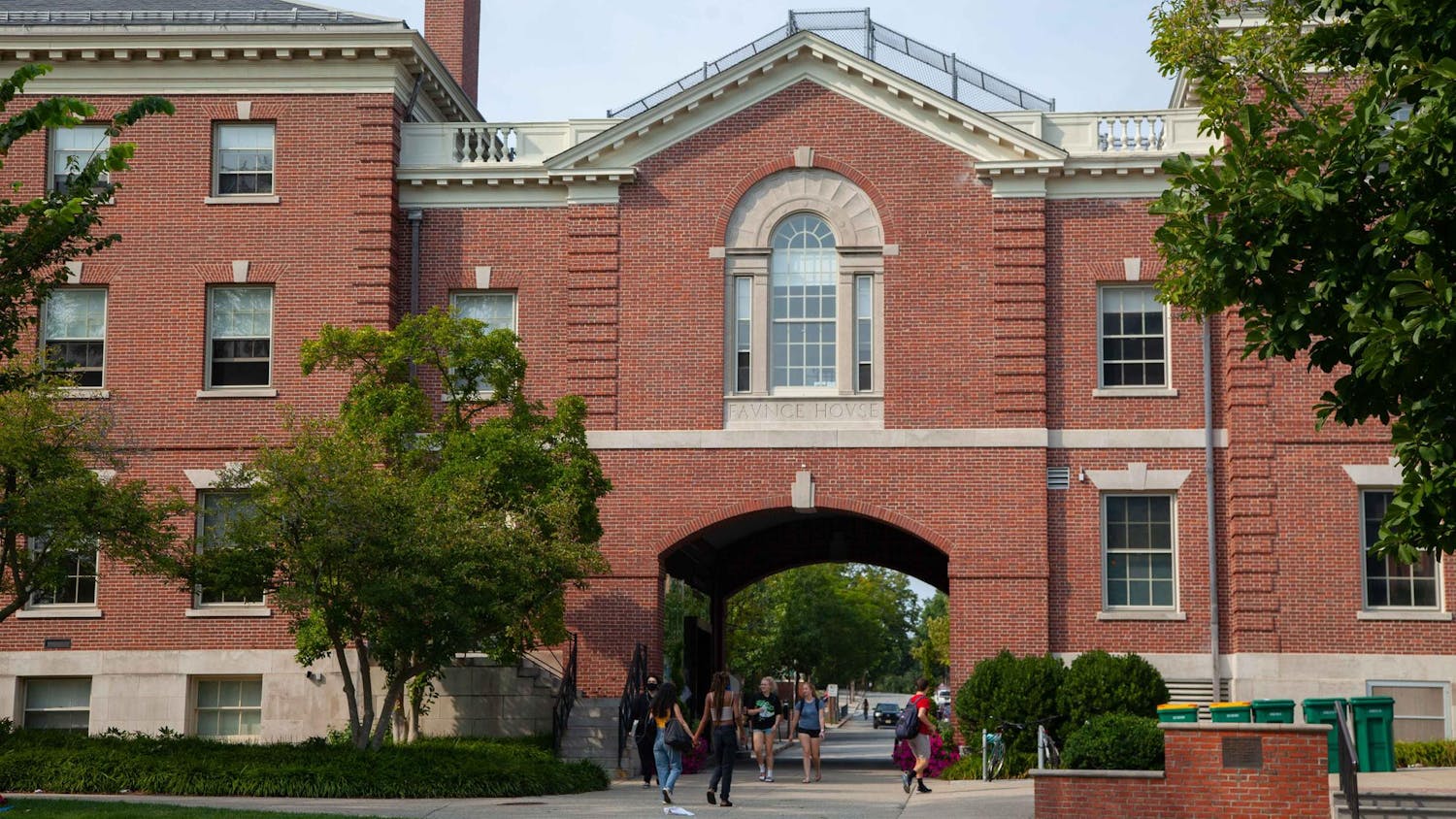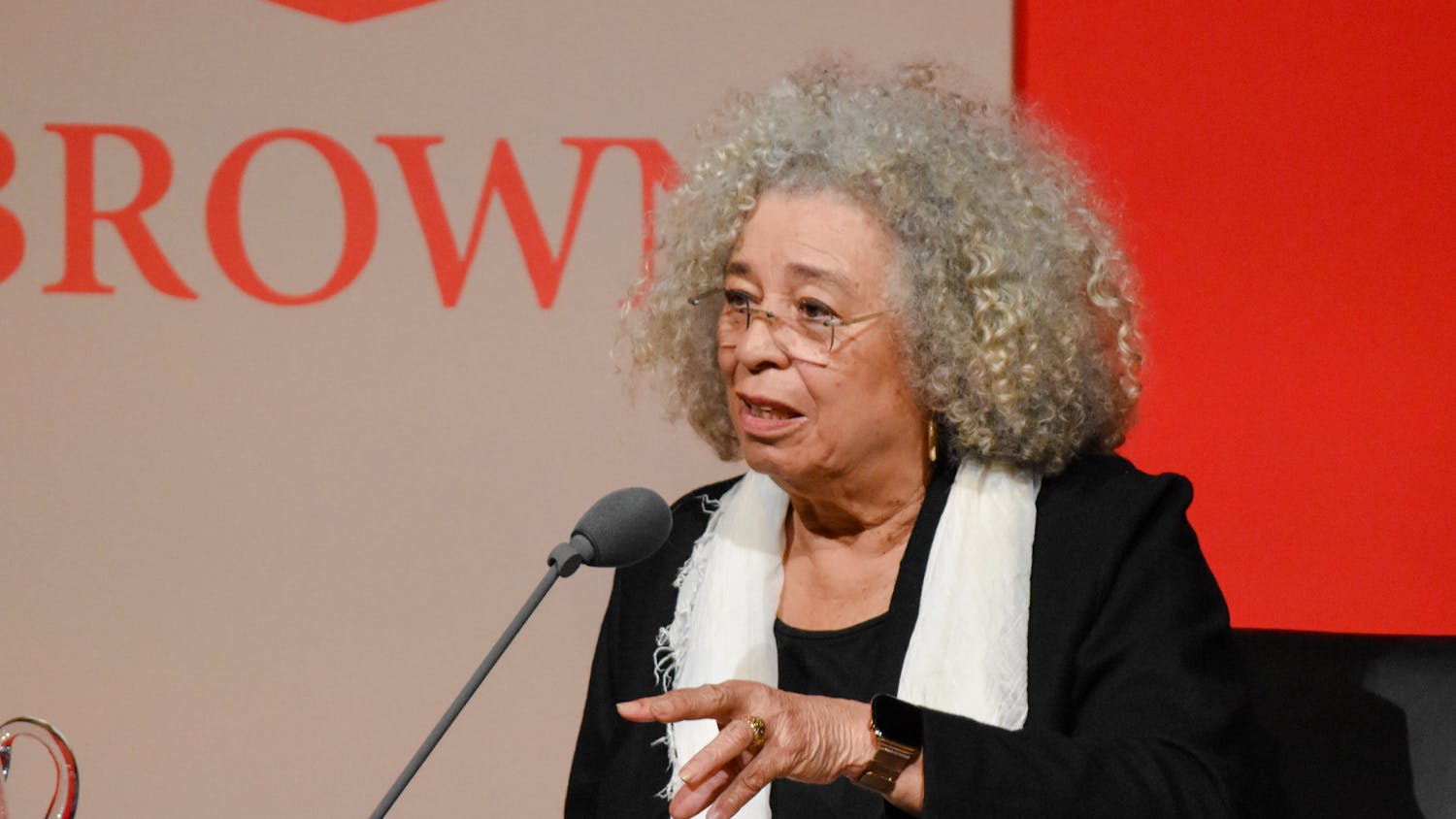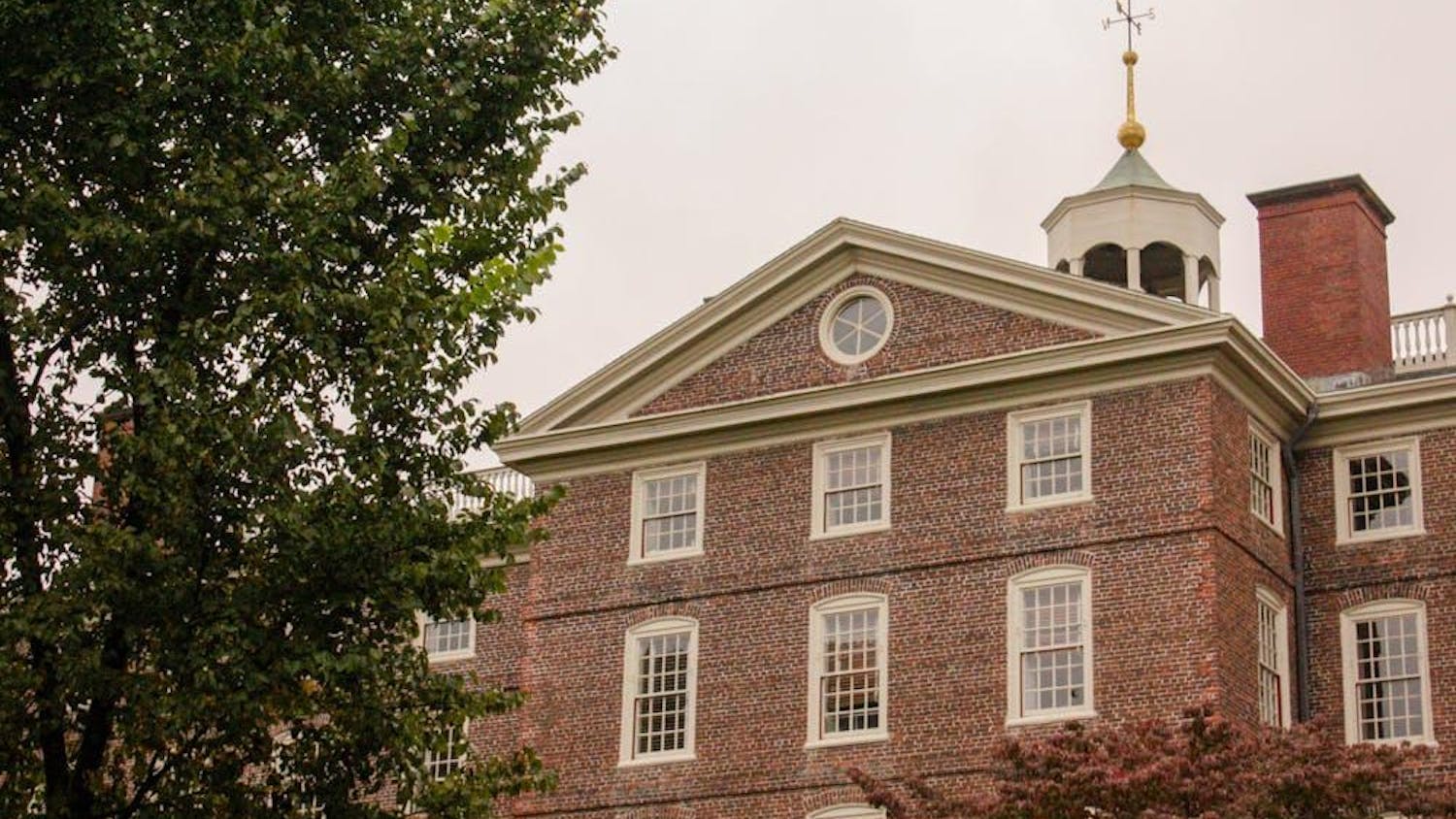Total gifts to the University have fallen since the seven-year $1.6 billion Campaign for Academic Enrichment came to a close Dec. 31, said Steven King '91, senior vice president for University advancement, and the University is looking for ways to increase revenue. The question for leaders now will be how to "sustain the support and, in ways, increase it," said Richard Spies, executive vice president for planning and senior adviser to the president.
Though King acknowledged the "pullback" in gifts, he said his office will continue to push for new approaches to fundraising outside the "artificial marketing construct of the campaign."
"The plan continues — it doesn't end here," he said.
Achieving the initiatives set forth in the Plan for Academic Enrichment will take time, Spies said. "No one ever thought that a campaign over a five- or seven-year period was just going to get everything done."
Prior to the campaign, the University raised about $80 million per year. By 2011, that figure had more than doubled to $200 million. The advancement office will try to maintain the current level of gifts, said Beppie Huidekoper, executive vice president for finance and administration. But it is important to remember the economic circumstances facing the University. "It's a tough time," she said.
Sponsored funding "is not looking too promising," she said, adding that net tuition — tuition less financial aid — "is nearly flat."
"We certainly are going to be totally dependent on what the development office is going to do," Huidekoper said. But she said the University will also be looking to other sources of revenue.
Professional master's degree programs will be one of the most important funding sources going forward, she said. She also pointed to the Summer@Brown program for high school students, which she said brings both fiscal and academic resources to the University by providing prospective students with an early "view of their future."
There are "no current plans for a new campaign," Huidekoper said, and it is unclear when the next campaign will begin.
The rhythm of campaign cycles varies from school to school, Spies said. Some schools pursue new campaigns immediately, and others try to maintain a more regular schedule.
The University's last cycle saw a seven-year gap — the Campaign for the Rising Generation finished in 1996 after raising $534 million.
The amount of time and effort that goes into a campaign is "very, very significant," Spies said. Volunteers and administrators need time to "catch their breath a little bit, even while continuing to do the type of fundraising we have to do every year."
A gap between campaigns also offers "a chance for people to refill their pockets," Huidekoper said.
Though it is important to celebrate past accomplishments, it is in the nature of the University to constantly look to the future, Spies said. "If we just sit still," he added emphatically, "that's a recipe for decline."
The annual fund will now move forward without "the umbrella of the campaign," Spies said.
From 2001 to 2011, the fund nearly tripled in size — from $12 million to $36 million. The goal for the fiscal year ending in June is $36.5 million.
Currently, King said the office is about 7 percent ahead of last year's figures. Though the office is only 40.3 percent of the way to their goal, Spies said much of the pledge activity happens in May and June. The $24 million dollar increase since 2001 is "an incredible expression of support," he said, pointing to faculty and student initiatives it facilitated.
The annual fund is "one of the best in the country," King said.
The advancement office will focus on the annual fund rather than targeted pledges, such as endowing professorships, King said. He said he plans to increase its professional support to younger graduates — and even to undergraduates — to keep younger alums connected. Alums should "really love the place and want to make sure it continues to grow," he said.
The end of campaigns often brings about some office restructuring, Huidekoper said. Leaders move on to other schools currently in the midst of their own campaigns, opening possibilities for new leadership and new direction.
Currently, the advancement office is looking for people to fill three open positions — vice president for development, director of communications and director of corporate and foundation relations, King said.
Kristin Davitt '88, former vice president for development, is now assistant vice president for undergraduate programs at Penn — which is in the fourth year of its own campaign. Though Davitt left Brown due to an opportunity that she said had "nothing to do with the end of the campaign," Huidekoper said it is perfectly normal for people to want to move on at the close of such ventures.
"There's no intent to decrease support" to the office, she said.
While the post-campaign world is "a new reality that we're all operating in," King said, he emphasized that his office would continue to focus on effective leadership and discussions regarding University initiatives.




